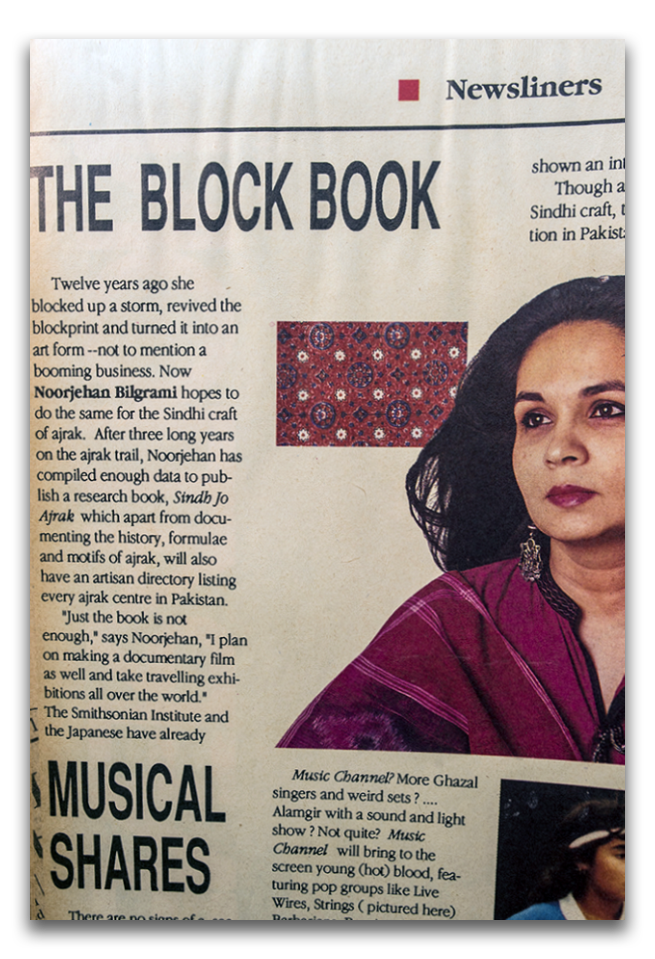RAWALPINDI: "Pakistan: A Fashionable History" by journalists Mehr F. Husain and Saad Sarfraz Sheikh is a chronological telling of the country's history through its sartorial past.
What started as an investigation into the fashion industry became a visual book, on the evolution of fashion in Pakistan from its independence in 1947.In 2017, bleary-eyed Husain was dropping her child off school when noticed a fellow mom dressed to the nines in a three-piece lawn outfit, but looking as miserable as Husain felt at 7 a.m.
“I stared at her, slouched in my car, thinking why is she dressed like that and who is telling us to dress this way?"
That day, she approached Sheikh, a photojournalist, to embark on a project to document Pakistan’s fashion industry, the first of its kind.
“We wanted to do something historical and anecdotal,” Sheikh said.

When they started to interview veteran designers, they realized that the stories they were looking for should also be told by makeup artists, models and decades-old magazine prints.
"We discovered there was an entirely different story, the people behind the scenes were the real movers and shakers of the industry," said Husain said.
Sheikh’s task to build their image archive took him to Karachi, into old bazaars and bookstores, to find fashion magazines such the Herald and Newsline that helped propel the industry. Sheikh was able to access Newsline’s archive before the legendary journal shuttered last year.
"I spent seven hours in their basement photographing old photos one by one,” he said, “This allowed me to develop an amazing set of archives that is not just time capsules of fashion but culture as well."

The book was two years in the making and faced a number of setbacks. It was originally going to be printed by an Indian publishing house, but in August 2019, when India revoked Kashmir's autonomy, Pakistan stopped imports from the neighbor. The ban included books. The pair decided to publish the book on their own.
The coffee table book is packed with first-person accounts from photographers, models, hair and makeup artists, magazine editors and legendary Pakistani designers such as Maheen Khan and Rizwan Beyg, all of whom played key roles in building the industry as we know it today.

Atiya Khan wears Maheen Khan on Herald's first-ever fashion cover shot in Karachi in June 1987, left, and artist Meera featured on the cover of the revolutionary fashion magazine Men's Club in the 1990s. (Photo courtesy of Mehr F. Husain and Saad Sarfraz Sheikh via AN)
Although it started with a quest to learn more about the history of fashion, the book is also a narrative of the history of Pakistan. “The fashion industry of yesteryear has contributed a lot,” Husain said.
“If you look at what people were consuming back then and at the history this country has had, you would understand Pakistan’s impact on South Asia."


















